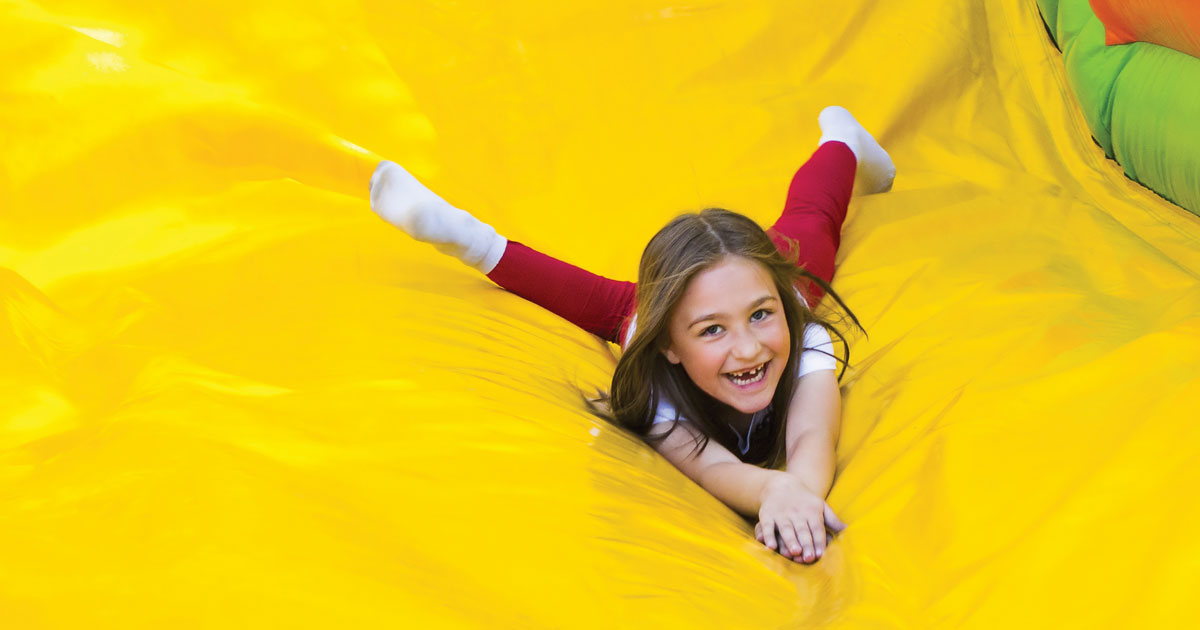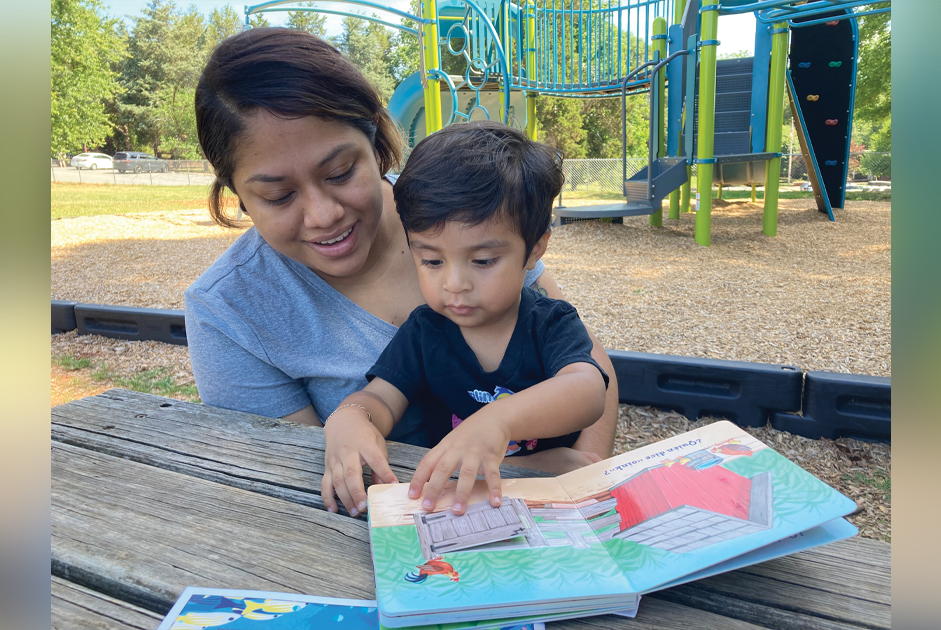The summer brings a lot of fun: beach trips, sleeping in, days at the pool, and recurring cookouts. Unfortunately, it also brings the Summer Slide. While the term “the summer slide” sounds like great fun, conjuring up images of laughing down a water slide, it actually describes the phenomenon of children losing knowledge throughout the summer, between the end of the previous school year and the beginning of the next. Studies show that the average school-age child loses at least one to three months of knowledge over summer break, with children living below the poverty line being exceptionally vulnerable to this backslide.
Children thrive on routine, so transitioning from a structured educational setting into an often chaotic summer without routine can be challenging with regard to retaining knowledge. As the old adage goes, if you don’t use it you lose it—this is especially accurate for math facts, more than reading knowledge (although both are affected). As mentioned earlier, studies show that children who are in traditionally disadvantaged socio-economic groups are at higher risk of this knowledge loss; often this is because the summer programs that have the best academic-based routines are prohibitively expensive. This effect is called the ‘faucet effect”—while families that are middle to upper class have a relatively steady flow of resources throughout the year, those who are not have a slower flow of resources during the summer, as many of their resources are attained through the school system.
This doesn’t mean that you need to accept the summer slide as fact, if you can’t afford this higher level of childcare for the summer, or if you don’t want that level of structure during this time. The easiest way to avoid the summer slide is to keep children’s brains working during the break. If you are home with them, keep a somewhat regular routine that includes learning time during every day, including math worksheets. There are books you can purchase, both online and at many bookstores, which are grade-specific, and even ones that target the summer between grades. Base this on where your child is academically, so that he or she isn’t at either end of the spectrum—bored or overwhelmed. This doesn’t need to be an extensive learning schedule, either; one sheet is absolutely sufficient to keep the cogs in their brains moving.
Learning also doesn’t need to be promoted only through structured worksheets. There is a type of homeschooling called “unschooling,” and this is a fantastic way to attain learning and retain knowledge through the summer break. The premise behind this type of learning is to have children decide what they want to learn and then learn through experiences. The summer is the perfect time to learn through experience, as there are a significant number of things happening during the summer that target children. Examples of this are ranger walks at state parks and programs at the planetarium.
Online educational apps have been increasing in popularity in the past several years, and have improved greatly in gaining interest with both parents and children. If you have the resources to be able to download some, they are a great way to get children engaged in learning, because almost all kids love getting screen time—even if it is educational. There are a lot of different apps that cover a myriad of subjects; it’s a good idea to read the reviews before downloading, and setting guidelines to avoid doing more than an hour a week. Some studies have shown that working in apps such as iReady for more than 60 minutes per subject weekly can actually backfire and overstimulate the brain.
One of the best ways to reduce the chance of the summer slide is also the easiest—have kids read. Pick books that cover all the subjects, pick books that hold their interest, and have them read consistently throughout the entire summer. By keeping these things in mind and their brains moving throughout the full summer break, you will save yourself stress and heartache at the beginning of the upcoming school year.























